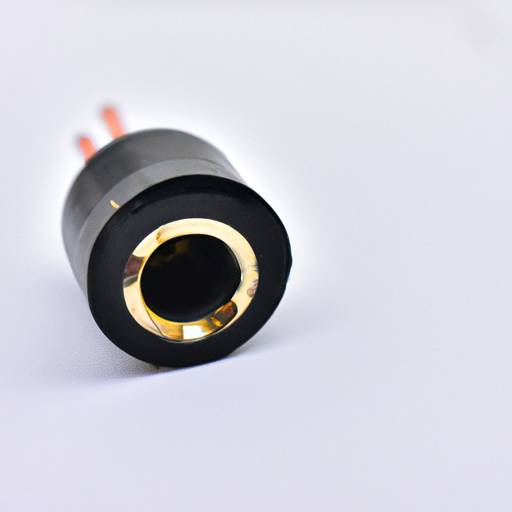Dedicated connectors are an essential component in various industries, including automotive, aerospace, and electronics. These connectors are designed to provide a secure and reliable connection between two or more devices or components. To ensure the quality and performance of dedicated connectors, there are specific product standards that manufacturers must adhere to. In this article, we will discuss the product standards for dedicated connectors and why they are important.

One of the most important product standards for dedicated connectors is the ISO 9001 certification. This certification ensures that manufacturers have implemented a quality management system that meets international standards. It also requires manufacturers to continuously improve their processes and products to meet customer requirements.
In addition to ISO 9001 certification, dedicated connectors must also meet specific technical standards set by organizations such as the IEEE. These standards define the electrical and mechanical properties of connectors, including their voltage and current ratings, contact resistance, and environmental resistance.
For example, the IEEE 802.3 standard specifies the requirements for Ethernet connectors used in networking applications. This standard defines the electrical characteristics of the connectors, such as their impedance and signal integrity, to ensure reliable data transmission.
Another important product standard for dedicated connectors is the UL certification. This certification is issued by Underwriters Laboratories, an independent organization that tests and certifies the safety of electrical products. UL certification ensures that dedicated connectors meet specific safety requirements, such as insulation resistance and temperature ratings.
In addition to technical and safety standards, dedicated connectors must also meet industry-specific requirements. For example, connectors used in the automotive industry must comply with the Automotive Electronics Council (AEC) standards, which define the reliability and performance requirements for automotive components.
Overall, product standards for dedicated connectors are essential to ensure their quality, reliability, and compatibility with other devices. By adhering to these standards, manufacturers can provide customers with connectors that meet their requirements and perform reliably in various applications.
In conclusion, product standards for dedicated connectors are crucial to ensuring their quality, reliability, and safety. Manufacturers must adhere to international standards such as ISO 9001 and technical standards set by organizations like the IEEE to produce connectors that meet customer requirements. By meeting these standards, manufacturers can provide customers with connectors that perform reliably in various applications and industries.